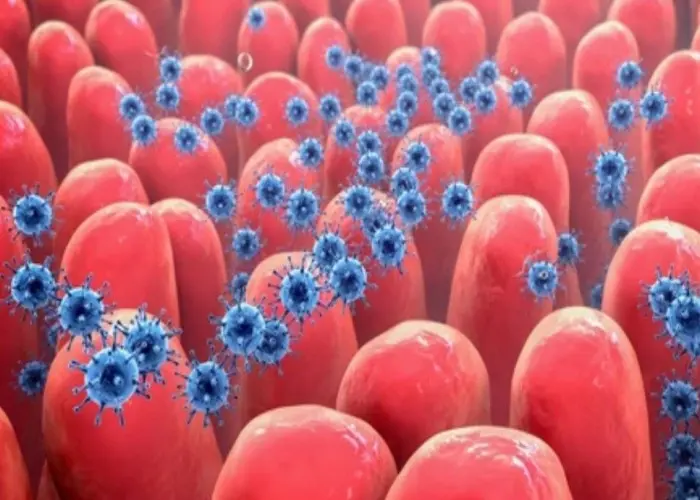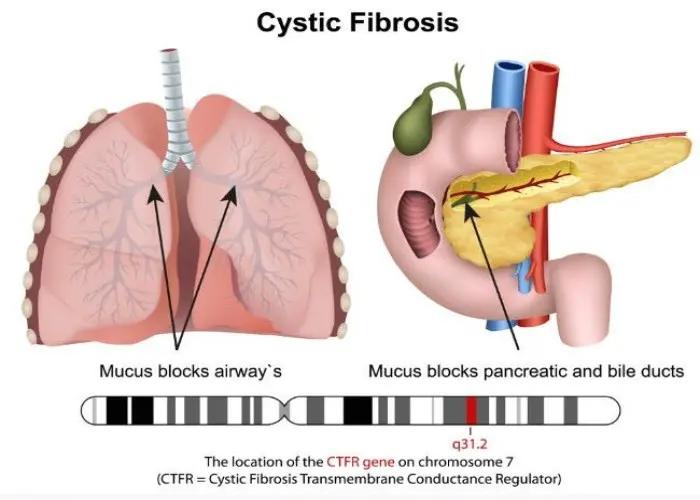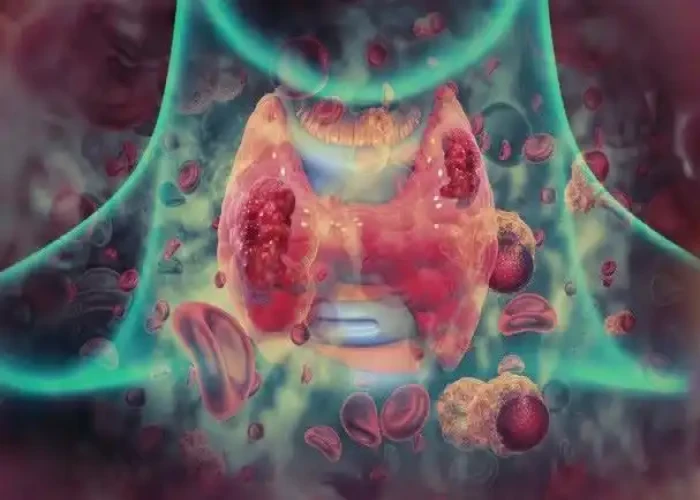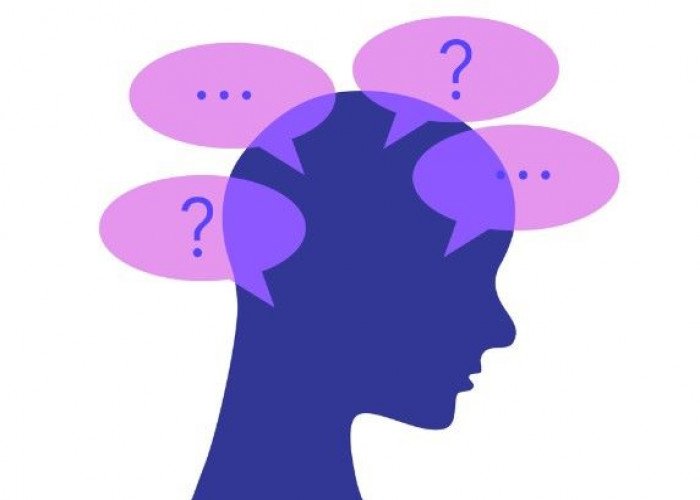 Welcome
Welcome
“May all be happy, may all be healed, may all be at peace and may no one ever suffer."
Generalized anxiety disorder

Generalized anxiety disorder (GAD) is a mental health condition characterized by persistent and excessive worry or anxiety about a variety of different things, such as work, family, health, or finances. This anxiety can be difficult to control and may interfere with daily life.
People with GAD may experience physical symptoms such as fatigue, muscle tension, restlessness, irritability, and sleep disturbances. They may also have difficulty concentrating or making decisions and may avoid certain situations due to their anxiety.
GAD is a treatable condition, and treatment may include a combination of medication, therapy, and self-care. Medications such as selective serotonin reuptake inhibitors (SSRIs) and benzodiazepines may be prescribed to help reduce symptoms of anxiety. Cognitive-behavioral therapy (CBT) and other types of therapy can also be effective in treating GAD by helping individuals identify and challenge negative thought patterns and learn coping skills to manage their anxiety.
It is important to seek help from a mental health professional if you or someone you know is experiencing symptoms of GAD. With the right treatment, people with GAD can learn to manage their anxiety and improve their quality of life.
Research Papers
Disease Signs and Symptoms
- Fatigue (Tiredness)
- Difficulty concentrating, or the feeling that your mind "goes blank"
- Inability to set aside or let go of a worry
- Indecisiveness and fear of making the wrong decision
- Perceiving situations and events as threatening, even when they aren't
- Overthinking plans and solutions to all possible worst-case outcomes
- Irritability
- Diarrhea
- Nausea or vomiting
- Excessive sweat
- Leg tremble
- Muscle pain
- Trouble sleep (insomnia)
- Nervousness or being easily startled
Disease Causes
Generalized anxiety disorder
As with many mental health conditions, the cause of generalized anxiety disorder likely arises from a complex interaction of biological and environmental factors, which may include:
- Differences in brain chemistry and function
- Genetics
- Differences in the way threats are perceived
- Development and personality
Disease Prevents
Generalized anxiety disorder
There's no way to predict for certain what will cause someone to develop generalized anxiety disorder, but you can take steps to reduce the impact of symptoms if you experience anxiety:
- Get help early. Anxiety, like many other mental health conditions, can be harder to treat if you wait.
- Keep a journal. Keeping track of your personal life can help you and your mental health professional identify what's causing you stress and what seems to help you feel better.
- Prioritize issues in your life. You can reduce anxiety by carefully managing your time and energy.
- Avoid unhealthy substance use. Alcohol and drug use and even nicotine or caffeine use can cause or worsen anxiety. If you're addicted to any of these substances, quitting can make you anxious. If you can't quit on your own, see your doctor or find a treatment program or support group to help you.
Disease Treatments
Treatment decisions are based on how significantly generalized anxiety disorder is affecting your ability to function in your daily life. The two main treatments for generalized anxiety disorder are psychotherapy and medications. You may benefit most from a combination of the two. It may take some trial and error to discover which treatments work best for you.
Psychotherapy
Also known as talk therapy or psychological counseling, psychotherapy involves working with a therapist to reduce your anxiety symptoms. Cognitive behavioral therapy is the most effective form of psychotherapy for generalized anxiety disorder.
Generally a short-term treatment, cognitive behavioral therapy focuses on teaching you specific skills to directly manage your worries and help you gradually return to the activities you've avoided because of anxiety. Through this process, your symptoms improve as you build on your initial success.
Medications
Several types of medications are used to treat generalized anxiety disorder, including those below. Talk with your doctor about benefits, risks and possible side effects.
- Antidepressants. Antidepressants, including medications in the selective serotonin reuptake inhibitor (SSRI) and serotonin and norepinephrine reuptake inhibitor (SNRI) classes, are the first line medication treatments. Examples of antidepressants used to treat generalized anxiety disorder include escitalopram (Lexapro), duloxetine (Cymbalta), venlafaxine (Effexor XR) and paroxetine (Paxil, Pexeva). Your doctor also may recommend other antidepressants.
- Buspirone. An anti-anxiety medication called buspirone may be used on an ongoing basis. As with most antidepressants, it typically takes up to several weeks to become fully effective.
- Benzodiazepines. In limited circumstances, your doctor may prescribe a benzodiazepine for relief of anxiety symptoms. These sedatives are generally used only for relieving acute anxiety on a short-term basis. Because they can be habit-forming, these medications aren't a good choice if you have or had problems with alcohol or drug abuse.
Disease Diagnoses
Disease Allopathic Generics
-
Phenobarbital
The patient should be told that he has no disease. Avoid bad thoughts and do your own work. For patient concerns. 1 pill 3 times a day.
-
Diazepam
Drugs containing diazepam in severe and chronic anxiety, mental restlessness, insomnia with anxiety or physical restlessness.
1 pill 3 times a day for 3 weeks. The dosage should be determined by monitoring the patient's condition. If this medicine is used for a long time, the patient becomes addicted to this medicine.
-
Propranolol Hydrochloride
Medicines containing propanol for headache, heart palpitations, pounding chest, physical and mental restlessness, mild fear etc.
1/2 pill 3 times a day. 2 times a day when heart rate decreases.
-
Amitriptyline Hydrochloride + Chlordiazepoxide
Medicines containing chlordiazexide in severe and chronic anxiety/anxiety.
1 pill 3 times a day. The dosage can be further increased according to the condition of the patient. Maximum 40mg/10mg daily in divided doses.
-
Bromazepam
Bramazepam is a drug for emotional disturbances, anxiety, depression, anxious, mood swings, nervous tension.
1 pill 3 times a day.
-
Clobazam
Medicines containing clobazam for anxiety, stress, restlessness, agitation and sleep difficulties.
1 pill 3 times a day. Maximum dose: 60mg in divided doses.
-
Lorazepam
Medicines containing lorazepam for anxiety, insomnia, restlessness, or restlessness.
1mg+1mg+2mg / 2mg+2mg+2mg.
-
Trifluoperazine
Medicines containing triflupyrazine to reduce anxiety, suspicion and anxiety.
1 pill 2/3 times a day in low dose.
-
Procyclidine Hydrochloride
Triflupyrazine and thioridazine containing drugs are used together with procyclidine containing drugs.
1/2, 1 pill 2 times a day.
-
Flupentixol
Flupenthixol and melitracin combination drugs when anxiety, depression and depression coexist.
1+0+0.
-
Flupentixol + Melitracen
Flupenthixol and melitracin combination drugs when anxiety, depression and depression coexist.
1+0+0.
-
Amitriptyline Hydrochloride
Amitriptyline is a drug for depression.
1 pill 3 times a day, after a few days the night dose should be 50mg or more. Doses should be increased gradually. Maximum dose is 255mg (3 pills 3 times a day). Then gradually reduce the dose.
-
Vitamin B complex
for weakness. Consume 1 capsule 2 times daily.
-
Nitrazepam
1 pill daily at night.
Disease Ayurvedic Generics
Disease Homeopathic Generics
Disease yoga
Generalized anxiety disorder and Learn More about Diseases

Ichthyosis vulgaris

Cytomegalovirus (CMV) infection

Cystic fibrosis

Anaphylaxis

Osteomyelitis

Thread Worm

Generalized anxiety disorder

Gas and gas pains
generalized anxiety disorder, সাধারণ উদ্বেগজনিত ব্যাধি
To be happy, beautiful, healthy, wealthy, hale and long-lived stay with DM3S.
